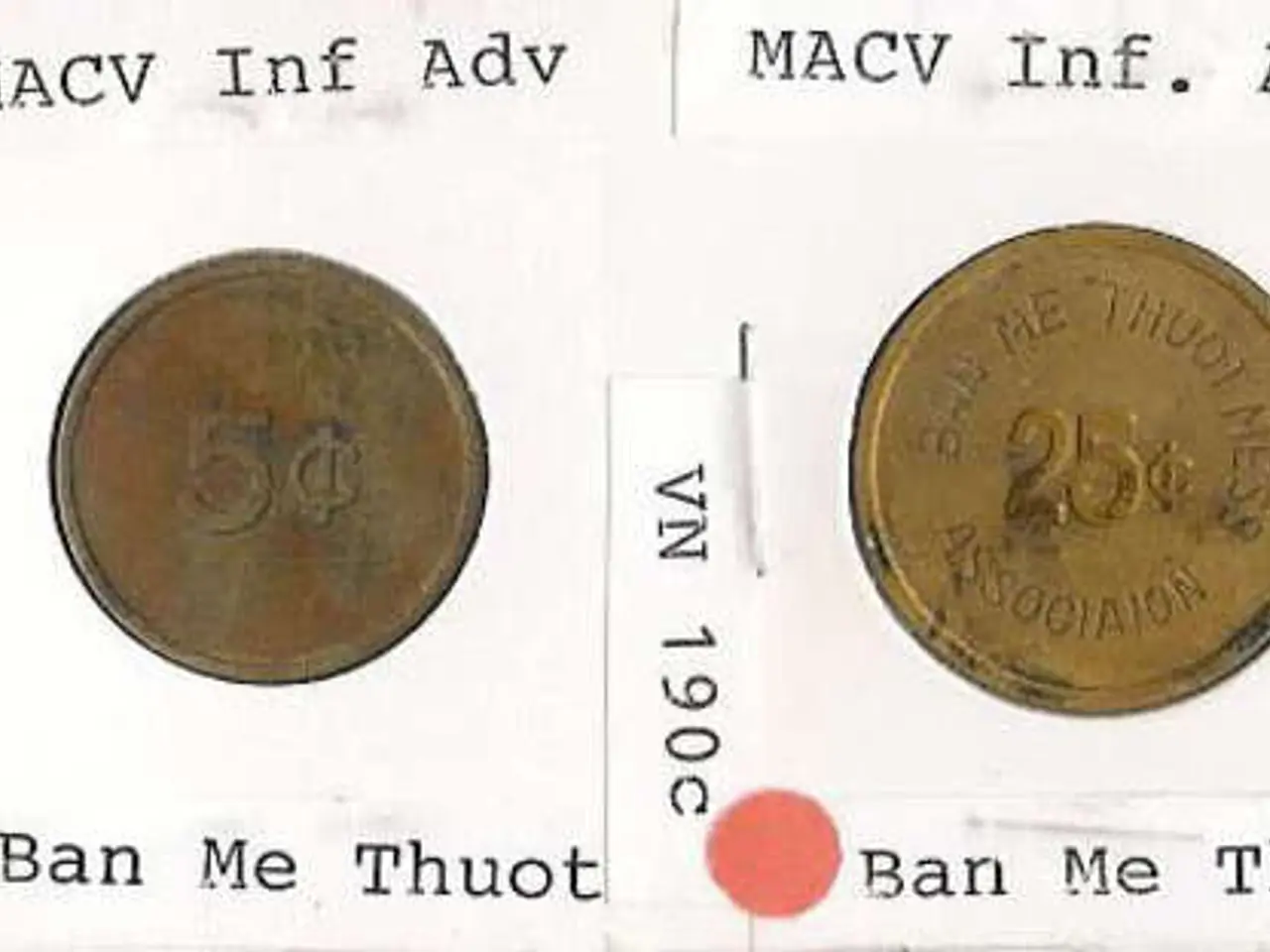Negotiation Tactics: The Pursuit of Values
Negotiations are an essential part of many aspects of life, from securing a job to closing a business deal. To claim value effectively, one can follow four key steps: preparing to negotiate, understanding the other party's interests, identifying potential value sources, and making a strong opening offer.
When entering a negotiation, it's crucial to be aware of the anchoring effect. This psychological bias can influence your initial offer or position, so being mindful of it can help you make more informed decisions.
In the realm of negotiations, there are two primary approaches: distributive and integrative. Distributive negotiation, also known as value claiming, involves competing over a fixed pool of value, where one party's gain is another's loss. Effective strategies include making a bold initial offer to anchor the negotiation in your favour, understanding your Best Alternative to a Negotiated Agreement (BATNA) and trying to discover your counterpart's BATNA, and keeping cards close to maintain leverage.
On the other hand, integrative negotiation focuses on creating value by exploring multiple issues and interests. Strategies such as interest-based inquiry, sharing information, logrolling, and adding issues can help foster a collaborative approach and create mutually beneficial exchanges.
Negotiating for a job can involve value creation by discussing issues beyond salary, such as vacation time, responsibilities, and flex time. It's essential to calculate your reservation point, the figure or offer that prevents you from pursuing your BATNA, and estimate the other party's BATNA and reservation point to determine how far you can push them in negotiations.
Being aware of deceptive tactics in negotiation can help you ward them off and negotiate more effectively. Researching distributive bargaining strategies can help you secure as much value as possible, while understanding and improving your BATNA can serve as a source of power in negotiation.
Negotiation involves two primary goals: value claiming and value creating. The Zone of Possible Agreement (ZOPA) represents the range of deals that both parties would find acceptable. Knowing your ZOPA can help you set an ambitious but realistic target.
For those interested in honing their negotiation skills, the Program on Negotiation at Harvard Law School offers a free report, "Negotiation Skills: Negotiation Strategies and Negotiation Techniques to Help You Become a Better Negotiator." Additionally, knowing how to handle job offers that are initially presented as nonnegotiable and taking a proactive approach to email negotiations can help you secure better terms.
Ultimately, understanding and applying these strategies can help negotiators effectively claim value in both distributive and integrative contexts, whether they are negotiating a job, a business deal, or any other aspect of life. These four key steps are outlined in Leigh L. Thompson's book The Mind and Heart of the Negotiator.
- In the realm of business negotiations, being aware of the anchoring effect, distributive and integrative approaches, and deceptive tactics can help one make more informed decisions and secure better terms.
- Effective strategies for distributive negotiation include making a bold initial offer, understanding one's Best Alternative to a Negotiated Agreement (BATNA), trying to discover the counterpart's BATNA, and maintaining leverage.
- In contrast, integrative negotiation focuses on creating value by exploring multiple issues and interests, using strategies such as interest-based inquiry, sharing information, logrolling, and adding issues.
- For career-oriented individuals, understanding negotiation techniques can be valuable during job negotiations, where discussing issues beyond salary, such as vacation time, responsibilities, and flex time, can help create value and secure better terms.




